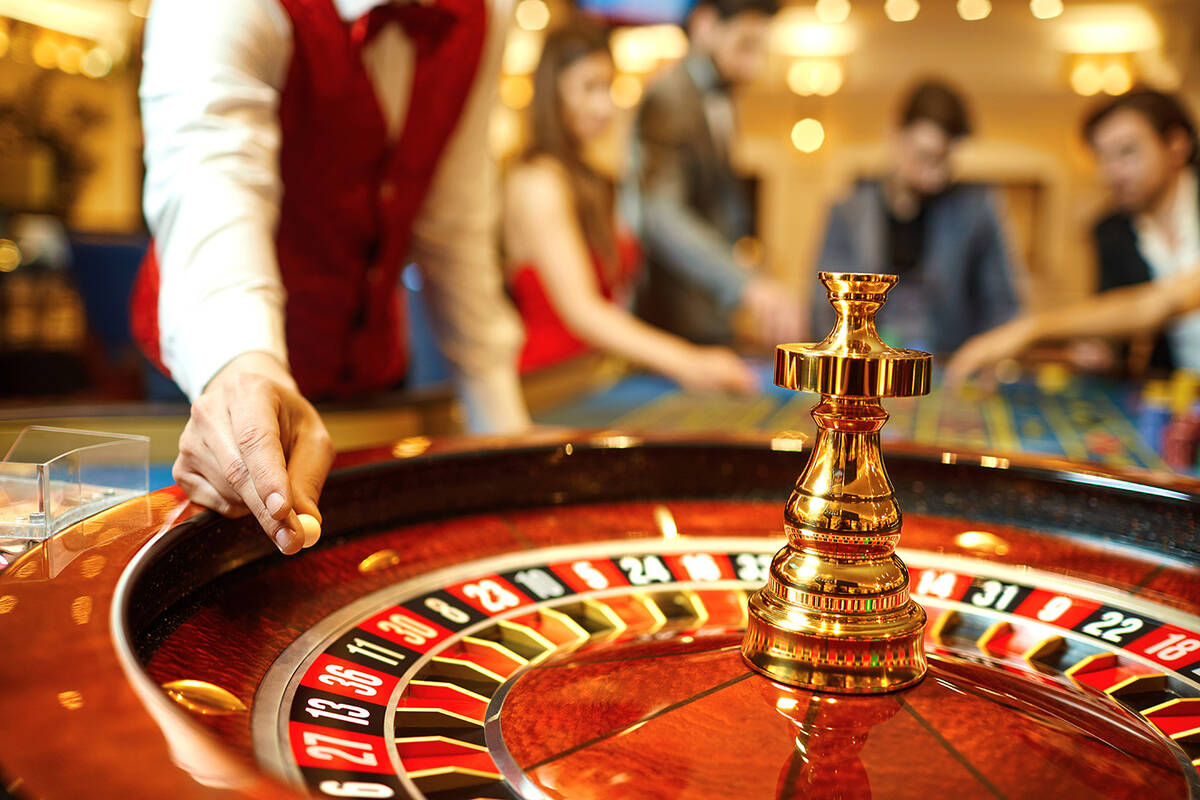
Problem Gambling and compulsive gambling have many consequences, including financial and emotional ones. When an individual cannot stop, it becomes a serious problem. When a person’s behavior begins to interfere with other areas of their life, it may be time to seek help. This can be accomplished through therapy or cognitive behavioural therapy. A behavior therapist can teach an individual techniques to reduce their urges to gamble. A cognitive behavioural therapist will teach an individual new ways to think about and feel about gambling.
Gambling is an activity that involves wagering money or other material value on a chance event. The goal of gambling is to win money or other material goods. It involves consideration, chance, and prize, and the results are generally apparent within a short time. Legal gambling is conducted by gaming companies, which offer a wide variety of gambling activities. These companies are regulated by gaming control boards, which are the authorities that oversee gambling activities. There are many types of legal gambling, and the definition is constantly evolving.
In most cases, gambling involves a stake, usually money, though it can be anything of value. In addition to money, it can also include other possessions. A bet involves betting on whether a certain outcome will occur. This activity has many forms, including gambling with lottery tickets, lotteries, and sports betting. It can also include the selection and wagering of games, or playing a game with a prize. However, in most cases, the outcome is apparent within a short period.

